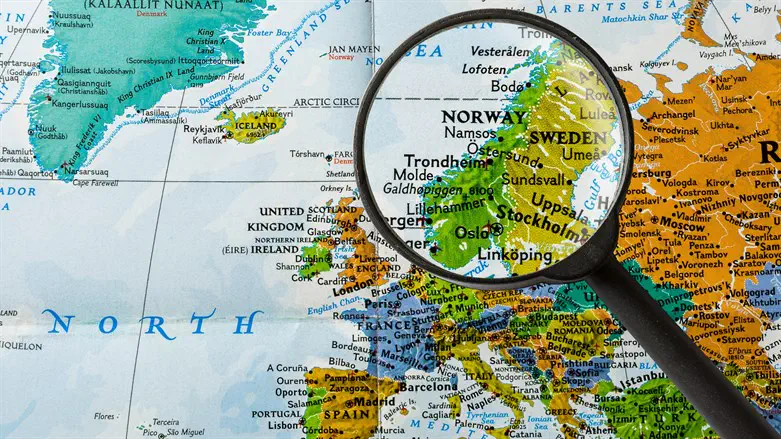Norway’s sovereign wealth fund, the largest in the world, announced on Monday that it will be excluding another six Israeli companies from its portfolio, reported the Reuters news agency.
This latest move is part of a growing trend of financial hostility directed at the Jewish state by the Norwegian government and comes just a week after the fund sold stakes in 11 other Israeli firms.
The fund, which manages over $2 trillion in assets, did not immediately name the companies being divested, stating they would be made public once the sales were finalized. One possibility is that the list includes Israel’s five largest banks, which have been under review by the fund’s ethical watchdog.
The total number of Israeli companies in which the fund holds a stake has plummeted from 61 in June to just 38, a reduction of 23 firms in under two months.
Norwegian Finance Minister Jens Stoltenberg confirmed the aggressive stance, telling reporters, “More companies could be excluded.” This follows an “urgent review” launched by the fund after reports revealed it had a stake in an Israeli jet engine group providing services to the Israel Defense Forces (IDF).
The divestment campaign is gaining momentum in Norway ahead of the September 8th elections, with some political parties openly advocating for a full-blown boycott of all Israeli companies.
Despite calls from some parliamentarians, Norway’s legislature voted in June against a proposal to divest from all companies operating in what it refers to as “occupied Palestinian territories.”
The fund, guided by ethical principles set by the Norwegian parliament, has already blacklisted 11 companies for assisting Israel’s “occupation,” most recently Israeli petrol station chain Paz and Israeli telecommunications company Bezeq.
Norway, together with Ireland and Spain announced last May that they intended to recognize the “State of Palestine”.
The announcement came after Ireland, Spain, Slovenia and Malta announced that they would jointly work toward the recognition of a Palestinian state, arguing a two-state solution is essential for lasting peace in the region.

